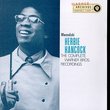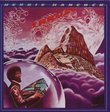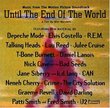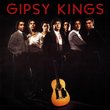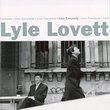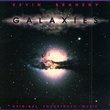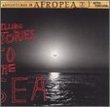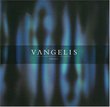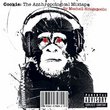| All Artists: Herbie Hancock Title: Sextant Members Wishing: 7 Total Copies: 0 Label: Sbme Special Mkts. Release Date: 2/1/2008 Genres: Dance & Electronic, Jazz, Pop, R&B Styles: Electronica, Jazz Fusion, Funk Number of Discs: 1 SwapaCD Credits: 1 UPC: 886972398525 |
Search - Herbie Hancock :: Sextant
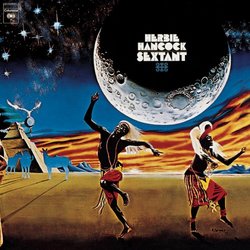 | Herbie Hancock Sextant Genres: Dance & Electronic, Jazz, Pop, R&B
20bit digitally remastered. |
Larger Image |
CD DetailsSynopsis
Album Details 20bit digitally remastered. Similar CDs
Similarly Requested CDs
|
CD ReviewsGreat album of experimental fusion BENJAMIN MILER | Veneta, Oregon | 02/23/2009 (5 out of 5 stars) "If you want a more adventurous brand of fusion, let me suggest you Sextant, Herbie Hancock's last album with the Mwandishi band (Bennie Maupin, Eddie Henderson, Julian Priester, Buster Williams, Billy Hart), and the last one to feature Patrick Gleeson and his ARP 2600. Herbie Hancock felt he could not go any further with what he done with Sextant, not to mention the album wasn't exactly selling, so it's little wonder his next venture, Head Hunters, would be a more accessible, commercially successful venture. "Rain Dance" is full of spacy electronic effects, and strange experimental passage, with horns (courtesy of Eddie Henderson and Julian Priester) and electric piano (from Herbie, naturally), double bass, and drums. "Hidden Shadows" is closer to prog rock, especially those big Mellotron passages. But he gave it an almost Lizard-era King Crimson feel to it (Crimson was experimenting with horns on that album), but with a rhythm that reminds me more of Weather Report. The Mellotron was new to America at that time and Herbie Hancock was quick to get a hold of one (Americans had to do with the Chamberlin, the American predecessor to the Mellotron until the early 1970s). "Hornets" is an extended side-length jam with great playing from all around. A kazoo, from Benny Maupin is used to great effect, never in some cheesy or silly manner, nor in a manner commonly heard on a Frank Zappa album. Actually it's a Hum-a-Zoo, a round kazoo meant for small children for those who fear they would choke on a standard kazoo. I really like how the band never lets up throughout this whole extended piece.
While the more average listener would likely prefer Head Hunters, Sextant seems to be the album preferred by prog rock fans, for the complex arrangements, prog rock elements that are there with the jazz, avant garde and electronic, and not to mention the use of Mellotron, not typical of fusion (the German group Passport used one on all their albums up to Infinity Machine, and Jan Hammer on The First Seven Days, although that's more of a prog rock album than Mahavishnu), simply because usually fusion artists tend to play fast which wouldn't work too well in context of the Mellotron. Luckily Hancock and his band knew that fusion needs to be more than just chops or they're sunk (the reason fusion frequently gets criticized by many is too many groups frequently put too much emphasis on chops forgetting there's more to music than just how fast they can play). Even so, Sextant will not be easy going for the average rock fan, that's for sure. It's a great and challenging listen that I can highly recommend for the adventurous." |

 Track Listings (3) - Disc #1
Track Listings (3) - Disc #1